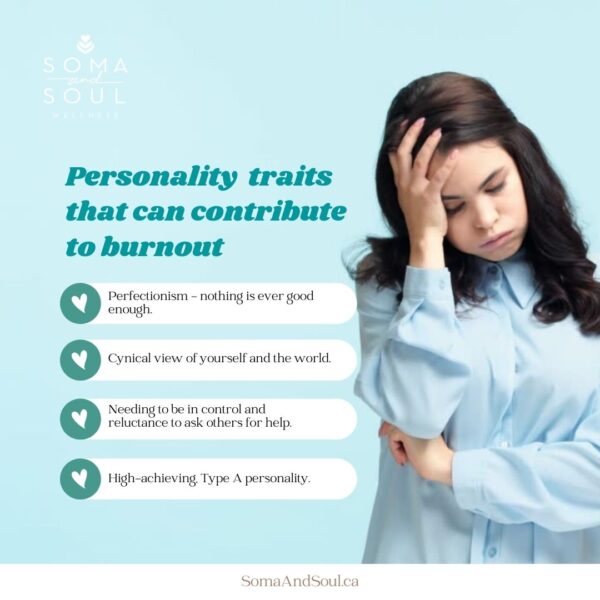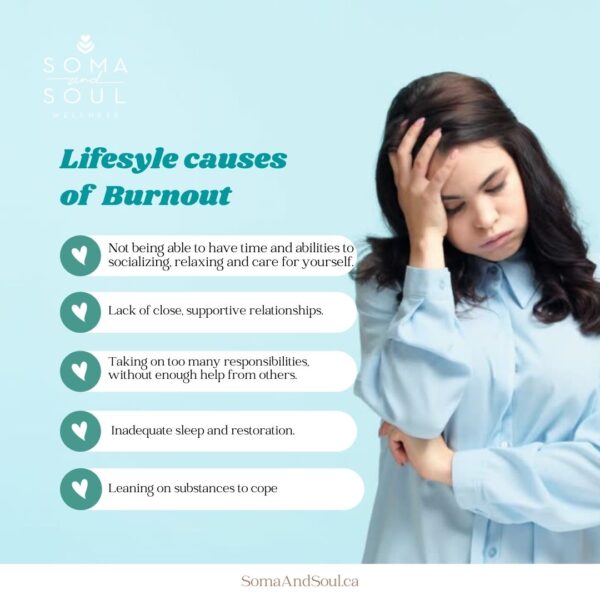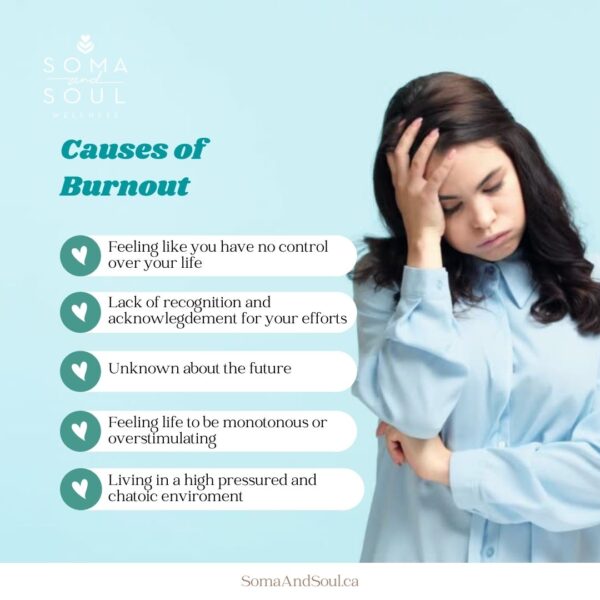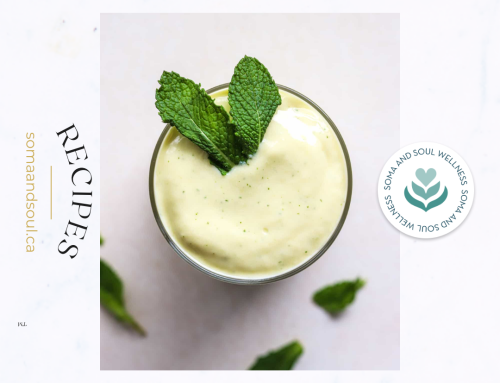Talk to any parent, health care worker, or teacher during these dark winter days and you are likely to hear a tone of exhaustion, resentment and inadequacy. These feelings mirror the exact criteria for burnout, a term coined in the 1970s by the German-born American psychologist, Herbert Freudenberger, in his book Burnout: The High Cost of High Achievement. He used burnout to describe the consequences of severe stress and high ideals in “helping” professions referring to a state of emotional and physical exhaustion from chronic stress in the work place.
I would argue that burnout is now a term that extends beyond the work place, because our efforts and roles have become intertwined under one roof. The geographical boundry seperating home and work is lost. Everything feels like too much: work, cleaning, cooking, relationships, children, family and living. You’re doing it all, yet in the very same moment, you’re failing at it all. When we went indoors, our work and home life collided together resulting in the collateral damage of the ultimate pandemic burnout.
The World Health Organization defines occupational burnout to be experienced in three dimensions
- Fatigue
- Cynicism about work
- Feelings of inadequacy
1. Fatigue
Of these three dimensions, the most important is fatigue. Without fatigue, the diagnosis of burnout is not possible; however, fatigue on its own is insufficient for a diagnosis of burnout. So not only do you have to feel exhausted, you also have to a soured lens about your circumstances in addition to experiencing a tint of self-loathing.
Does this sound like you? Let’s break this down a little further.
When the fatigue feels insatiable, despite 10 hours of rest and a weekend in pajamas, do you still feel close to deaths door step? This level of fatigue is the first criteria of burnout. Below are some questions that I ask my patients to assess burnout.
Fatigue Inventory Questionnaire:
Are you still tired even though you slept 8-9 hours of sleep?
Are you feeling easily overwhelmed by feelings of exhaustions?
Do you feel like no amount of rest will quench your fatigue?
Do you easily tire?
Do you lack motivation to start/complete everyday tasks?
Do you feel you need a huge amount of effort to complete tasks?
Do you get easily triggered and anxious due to the lack of energy to cope?
2 and 3. Cynicism and Feelings of Inadequacy
The second criteria of burnout are feelings of cynicism towards your situation. You may no longer like your job (life/parenting/etc.) or you don’t think that you are very good at your job (life/parenting/etc.) anymore.
You might notice that you disengage, avoid tasks, and what used to stress you before, now goes unnoticed without a care.
Here are some questions that you can ask yourself to assess.
Cynicism and Feelings of Inadequacy Questionnaire:
Are you scaling back on responsibilities?
Do you feel unhappy or disillusioned with your life/work?
Are you dissatisfied with your accomplishments at work/home?
Are you taking longer to complete tasks?
Do you feel a loss of interest and motivation, even in activities that once brought joy and excitement?
Do you feel hopelessness, frustration, and resentment?
Do you feel a sense of failure and self-doubt?
Do you lean on food, exercise, alcohol and drugs to cope?
Other signs of burnout
As a result of chronic stress, you may also be experiencing the following signs from your body (soma) and mind (soul):
Body Symptoms (SOMA)
- Difficulty losing weight
- Salt and sugar cravings
- Over or under eating
- Insomnia and sleep disruption
- Heart palpitations and increased heart rate
- Sensitivity to noise and light
- Headaches
- Frequent cold and flus
- Sore throat on waking up
- Decreased immunity
- Increased PMS
- Missed or frequent periods
- Abdominal weight gain
- Muscle aches and pains
- Elevated blood pressure
- Increased allergies rashes and hives
Mental and Emotional Symptoms (SOUL)
- Overwhelmed
- Easily triggered and anxious
- Unable to meet daily tasks
- Loss of interest and motivation, even in activities that once brought joy and excitement
- Reduced productivity
- Feeling of hopelessness, frustration and resentment
- Withdrawal from social engagements
- Sense of failure and self-doubt



If you’re still trying to determine if you have burnout, consult with our psychotherapists to gain a better understanding of your symptoms.
Other quick ways to passively give your body back energy:
Acupuncture
IV therapy and B12 shots
Massage Therapy
Osteopathic Therapy
If you are feeling ready to make changes to your nutrition and lifestyle, speak to:
Dr. Laura Brass, ND – Gut Guru
Dr. Mary Choi, ND – Women and Metabolic Health
Sean Hew-Wing – Allergy and Family Holistic Nutritionist
If you want to talk:
Lisa Donnelly – social worker & psychotherapy
Tristan Punsalan – psychotherapy
If you are struggling to take care of yourself or do not know where to start, let us help. We have a circle of healers that initiate this healing with you.
With much kindness,
xx Dr. Mary Choi

For over a decade, Dr. Mary Choi has been transforming thousands of lives as a Naturopathic Doctor, speaker and entrepreneur. She has supported thousands of people to lose weight successfully, transform their relationship with food, and successfully reach and sustain their wellness goals. Dr. Mary received her training at Western University in Health Sciences and went on to the Canadian College of Naturopathic Medicine receiving a scholarship there for her potential to contribute to the future of Naturopathic Medicine. Dr. Mary is the clinic director and CEO of Soma and Soul Wellness in Toronto, Canada; a wife, and mother to four beautiful children; and is passionate about helping other reach their best selves.
Want to book some time with Dr. Mary? Click here




